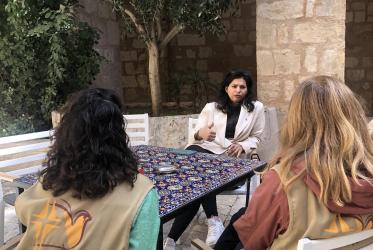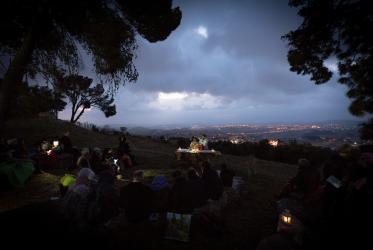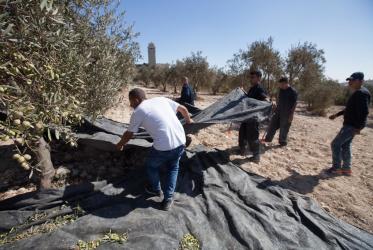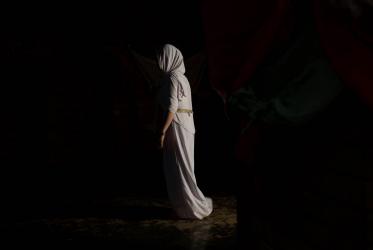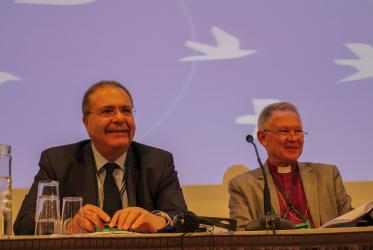Displaying 1 - 20 of 26
Holy Land tourism goes beyond traditional paths
05 October 2017
Guided by faith, hope and endurance
02 October 2017
World Week of Peace highlights “culture of love and resilience”
27 September 2017
‘Love is stronger than hate’
02 May 2017
In Syria and Iraq, minorities must come out of the darkness
28 November 2016
Out of the darkness
28 November 2016
Paralyzed by shock
28 November 2016
Driven out
28 November 2016
Pilgrimage and youth
28 June 2016
Is there hope for the Middle East?
25 June 2016
